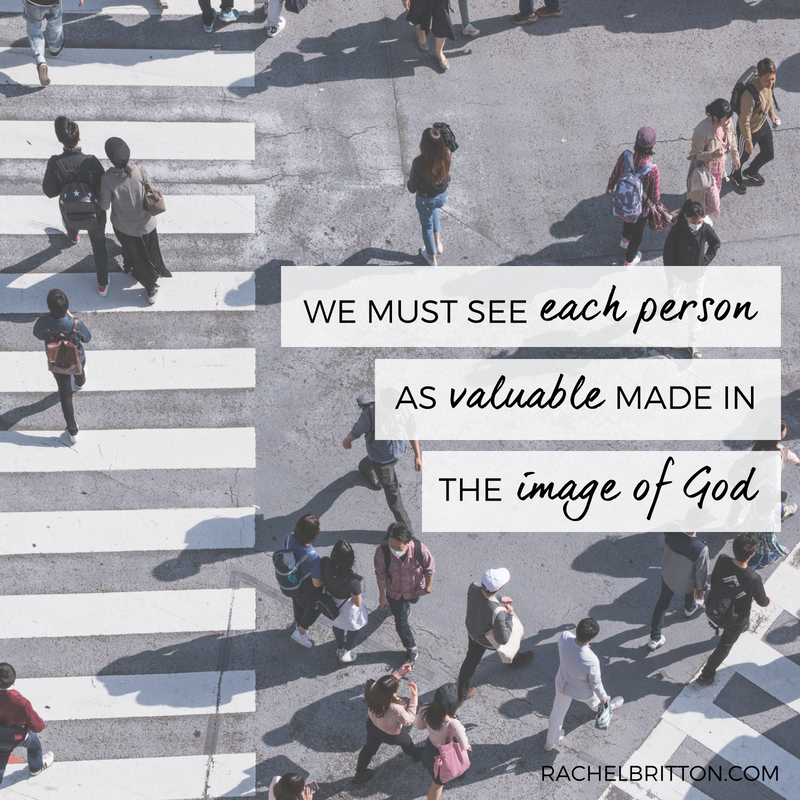“Hamid,” shouted Ernie, our team leader from Greater Europe Mission sitting in the seat behind me. “Hamid, Hamid!”
“That’s my friend,” Ernie said to me, “he’s one of the refugees.”
I stared in surprise, I had not expected to encounter my first refugee on a plane. I had not even set foot on the island of Lesvos. We had just landed in Mytilene from Athens.
A young man stood in the aisle with his back to us as passengers around him pulled out bags from the overhead bins. Eventually, Hamid turned around, looking for the person calling his name.
A handsome face broke into a broad smile showing a set of perfect, white teeth.
I had to rethink my idea of a refugee.
Hamid, the refugee, was an ordinary, young man. He could have been any western adult male. His black hair was shaped into a sharp, short cut. He wore a T-shirt and jeans, just like my sons would wear.
It was not what I expected.
I made a note to myself to be open to learn from the 6,000 people I would encounter the next day in the refugee camp.
Perhaps the person I have just described to you is not the picture you have in your mind when you hear the word “refugee.”
Maybe a “refugee” conjures up the image of someone who is bedraggled and dirty, unable to look after his or herself.
It could be you know about refugees from the news, or political discussions—that they are not good people, terrorists even. Refugees are a burden and a drain on resources in a country. And, they take jobs away from other people.
If Hamid had sat next to me on a flight, I would not have given a second thought to his background. He looked so ordinary.
Hamid is a normal person just like you and me, but we are all refugees like Hamid.
We all have something in our life that we seek refuge from.
I do not know Hamid’s history. Perhaps he had escaped threats on his life to come to Greece. Most likely the country he was from is at war. However, I do know he wanted to be a contributing member of society in the place he now knows as home.
Hamid had been working in Athens as an interpreter. Yet, he was returning to the refugee camp, now the work had finished. The camp was a place he knew, where he had friends, and where he felt safe.
I saw Hamid over the next few days. He hung around the aid workers office where I was based. There’s not much to do in a refugee camp but Ernie hoped to get Hamid to use his language skills as a much needed interpreter for the aid teams.
As Christians, in particular, we are to challenge the stereotypes.
Hamid had valuable skills. Yet, we must see each person as valuable—made in the image of God and loved by God.
We are instructed to love the “others” in our world, just as we want to be loved.
We’re not to judge the people we meet who are seeking refuge, but to remember the haven we live in.
When we do all these things, hopefully then those we meet can learn about the love of Jesus and not the label they have to live with.
[widget id=”text-15″ title=”0″]

 He spotted Ernie.
He spotted Ernie.
Rachel, this is so powerful. Loved this today and glad I found it in my inbox at the right time.
Thanks Meghan. I’m glad it spoke to you.